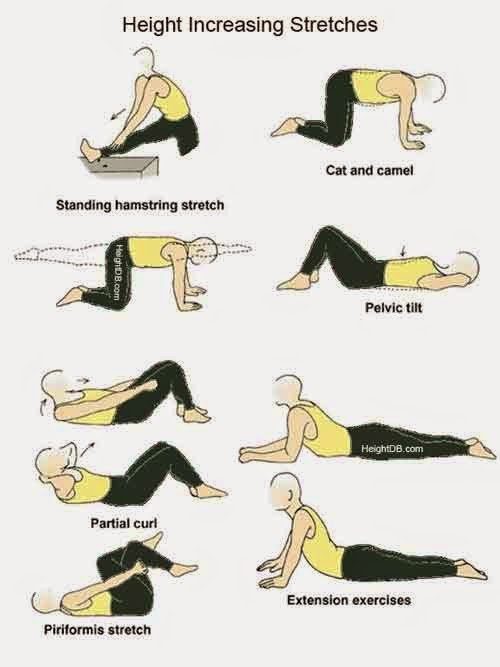If you are competing less than a hr, you probably will not require to refuel till your workout mores than. If you run in the evening and also it's been a few hrs given that lunch (but you haven't had supper yet), attempt eating a healthy and balanced 100-calorie treat regarding a hr prior to your run.
Some running socks are made from a sweat-wicking material that attracts wetness away from your feet, avoiding bacteria from gathering in between your toes which certainly causes foot odor. If you've had a heart attack or stroke, talk with your physician before beginning any kind of workout to make sure you're adhering to a risk-free, reliable physical activity program. But normal exercise can help reduce your chances of having an additional cardiac arrest. Running and various other forms of cardio workout dramatically reduce your opportunities of fatality. For young people, working memory saw a similar increase-- as did task-switching capability.
Mile
What is the proper way to breathe when running?
The Good News: Eggs are one of nature's best food sources, packaging muscle-protecting protein in a low-calorie food. The B12 in eggs also aids in muscle contraction—a must for runners. One large egg boasts about 30 percent of your recommended dietary allowance of choline.
The recurring knocking of your heels and toes on the sidewalk can trigger some real aches as well as pains. Several runners take satisfaction in the blisters, calluses and swellings-- in addition to the loss of a nail or more-- that unavoidably occur after logging mile after mile of their runs.
At the very least three to four hrs prior to your event, consume a morning meal high in carb. Opt for something acquainted-- now isn't the moment to attempt something new. Bagels, waffles, or oat meal can be great options, relying on your choices. Avoid high-fiber or high-fat foods that can bring about gastrointestinal distress. Carb packing should be made with caution and also you need to always make sure that you are additionally consuming an appropriate amount of healthy protein.
- Having a lot more fast-twitch muscular tissues in the legs can cause a faster speed.
- However, the length of your exercise must be the guide for what you drink, states Dr. Jordan Metzl, a marathoner and sporting activities medication physician at the Hospital for Special Surgery in New York.
- If you've had concerns with gastrointestinal distress (additionally referred to as runner's trots) throughout or after your runs, the foods you're eating in the 1 day prior to your runs may be the culprit.
- The much shorter workout will still obtain you fit, shed some calories and also aid you get ready for race day-- but it won't leave you depriving for even more food.

How can I increase my lung capacity for running?
One should hold a stretch for a minimum of 15 seconds to a maximum of 20 or 30 seconds. This ensures that the muscle fibers that are being stretched are stretched adequately. 30 seconds, less than 20 won't make a difference. You don't want to hold for too long either and risk injury.
If you consume a huge meal, you should wait at the very least 2 hrs before running. This is particularly real if you consume foods that take http://cashravp493.almoheet-travel.com/running-guidance-for-new-runners-8-tips-for-beginners a long period of time to digest, such as oily, fatty, or fried foods (though it's ideal to prevent these prior to running). You should feel neither starved nor stuffed when you begin a run.
Make sure to keep your equipment with a secure running belt on your next run. In fact, a lot of joggers might take advantage of finding out a few breathing techniques. Understanding exactly how to improve your breathing while running will not only increase your efficiency, however likewise decrease common injuries that usually afflict joggers. The objective of this is to make the most of the stores of glycogen in the muscles during a race, which can boost endurance and stop fatigue.
What exercises help with running?
A noncompetitive, relatively in-shape runner usually completes one mile in about 9 to 10 minutes, on average. If you're new to running, you might run one mile in closer to 12 to 15 minutes as you build up endurance. Elite marathon runners average a mile in around 4 to 5 minutes.
